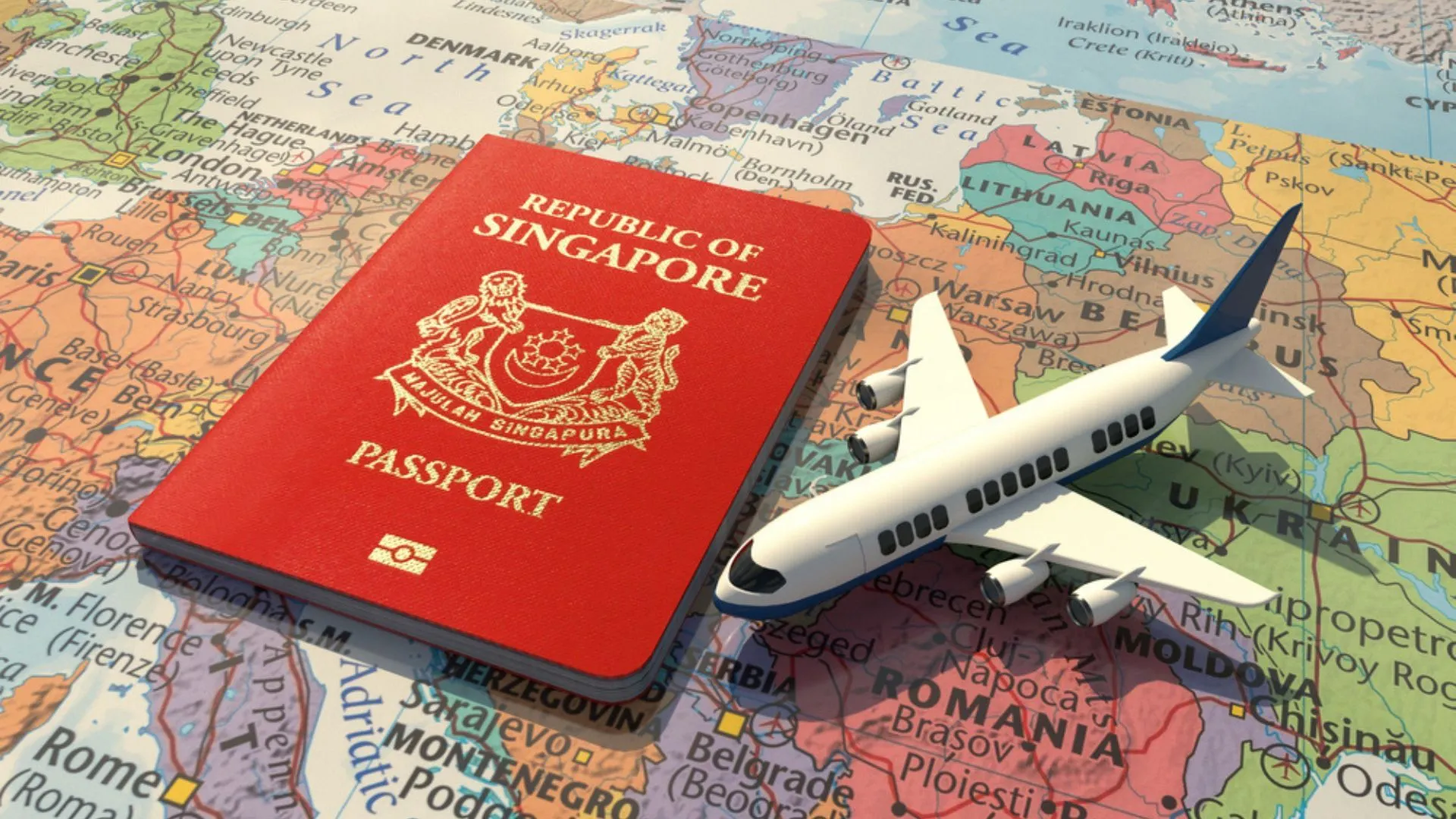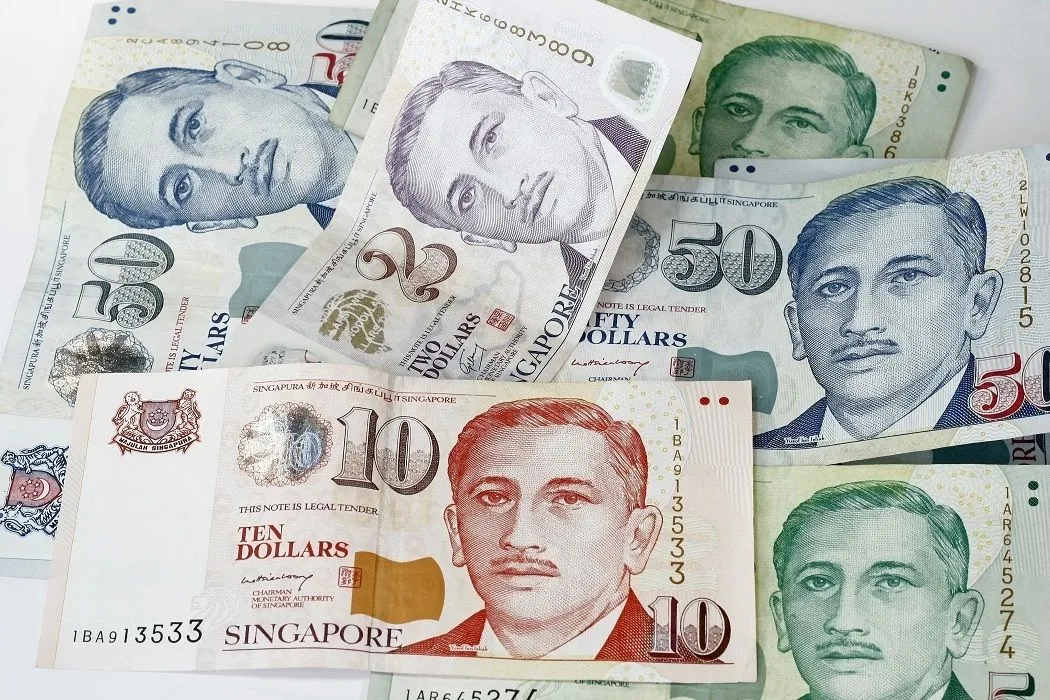Contact us :+91-70 335 335 70
- Monday - Saturday 10:00 am - 07:00 pm
- Third Floor, Plot No. 55, Sector 12-B, Dwarka, New Delhi, 110075



The small island nation of Singapore in Southeast Asia is well-known for its innovative technologies, striking skyline, and effective public services. A major worldwide financial centre, it draws companies and visitors from all around. Despite its tiny size, Singapore provides first-rate healthcare, a world-class educational system, and a good quality of living. The city-state is exceptionally well-known for its flora and dubbed “City in a Garden” given so many parks and environmental reserves.
Chinese, Malay, Indian, and Eurasian people make Singapore a veritable cultural melting pot. English, Mandarin, Malay, and Tamil are the official languages of the nation, which mirror this cosiness. Celebrated via many events including Chinese New Year, Hari Raya, Deepavali, and Christmas, Singaporean society is distinguished for its harmonic cohabitation of many cultures. The great diversity of foods, traditional arts, and rituals for everyone to enjoy results from the varied cultural terrain as well.
Particularly about housing and dining out, living in Singapore may be costly. Still, there are several approaches to control expenses. Luxurious private flats to more reasonably priced HDB flats—government-subsidized housing—are among the housing choices. Affordable and quite efficient public transportation—buses and the MRT—Mass Rapid Transit—makes getting around simple and reasonably priced. Although daily expenses like electricity and groceries can vary, there are plenty of reasonably priced choices including hawker centres where you can have great and cheap meals.
Singapore boasts a rich culture combining modernism with legacy. Along with modern buildings, upscale retail centres, and a vibrant arts scene, you will discover ancient temples, busy marketplaces, and traditional celebrations. One of the main highlights is the food scene since hawker centres present a large selection of reasonably priced, good cuisine from many cultures. From parks and nature reserves to cultural events and nightlife, Singaporeans have a hectic but balanced life with many chances for leisure. Furthermore, well-known in the city are its safety, cleanliness, and effective public services.
With constant warm temperature and heavy humidity all year long, Singapore’s tropical climate is Usually speaking, temperatures fall between 25°C and 31°C (77°F and 88°F). Particularly in the monsoon seasons from November to January and June to September, the nation gets regular precipitation. Daily living includes excessive humidity and sporadic thunderstorms, hence always carrying an umbrella is a smart idea. The great vegetation and air-conditioned structures make living and mobility throughout the city pleasant even with the heated temperature.
Globally, Singapore’s educational system is much respected for its strict standards and creative approaches. From elementary schools to universities, the nation boasts a variety of educational institutions all geared at laying a firm basis in both intellectual and practical abilities. Consistent performance on international tests by Singapore students reflects the high calibre of their instruction.
The emphasis on bilingualism helps students be equipped for world possibilities, with English as the main language of instruction and a second language like Mandarin, Malay, or Tamil
Considered two of the best academic institutions worldwide are Nanyang Technological University (NTU) and NUS (National University of Singapore) These companies are well known for their research, creativity, and wide spectrum of projects covering several spheres of expertise. T T They provide modern facilities, close contacts in the business, and lots of chances for students to participate in innovative research and worldwide projects. Higher education in Singapore is within reach for many thanks to scholarships and financial aid for local as well as international students
Many times, Singaporean students have the chance to work part-time while still in school, therefore acquiring financial support and useful work experience. Following graduation, the nation provides first-rate employment in fields such as engineering, finance, technology, and healthcare. Many international corporations are drawn to Singapore’s strong economy, strategic position, and business-friendly atmosphere, therefore offering a rich range of employment possibilities. Foreign graduates have a bright future in Singapore since they can seek work permits and visas to keep on their professional path there.
Entry requirements vary depending on the level of study and institution. Generally, international students need to meet academic qualifications, English language proficiency requirements, and obtain a valid Student Pass issued by the Immigration and Checkpoints Authority (ICA) of Singapore.
International students must apply for a Student Pass through their respective educational institutions. The institution will assist students with the application process, which typically involves submitting required documents, medical examinations, and visa processing fees.
